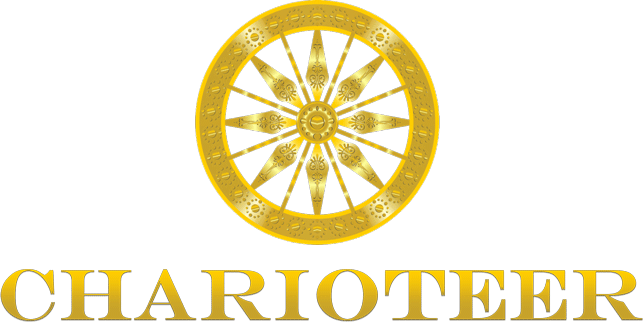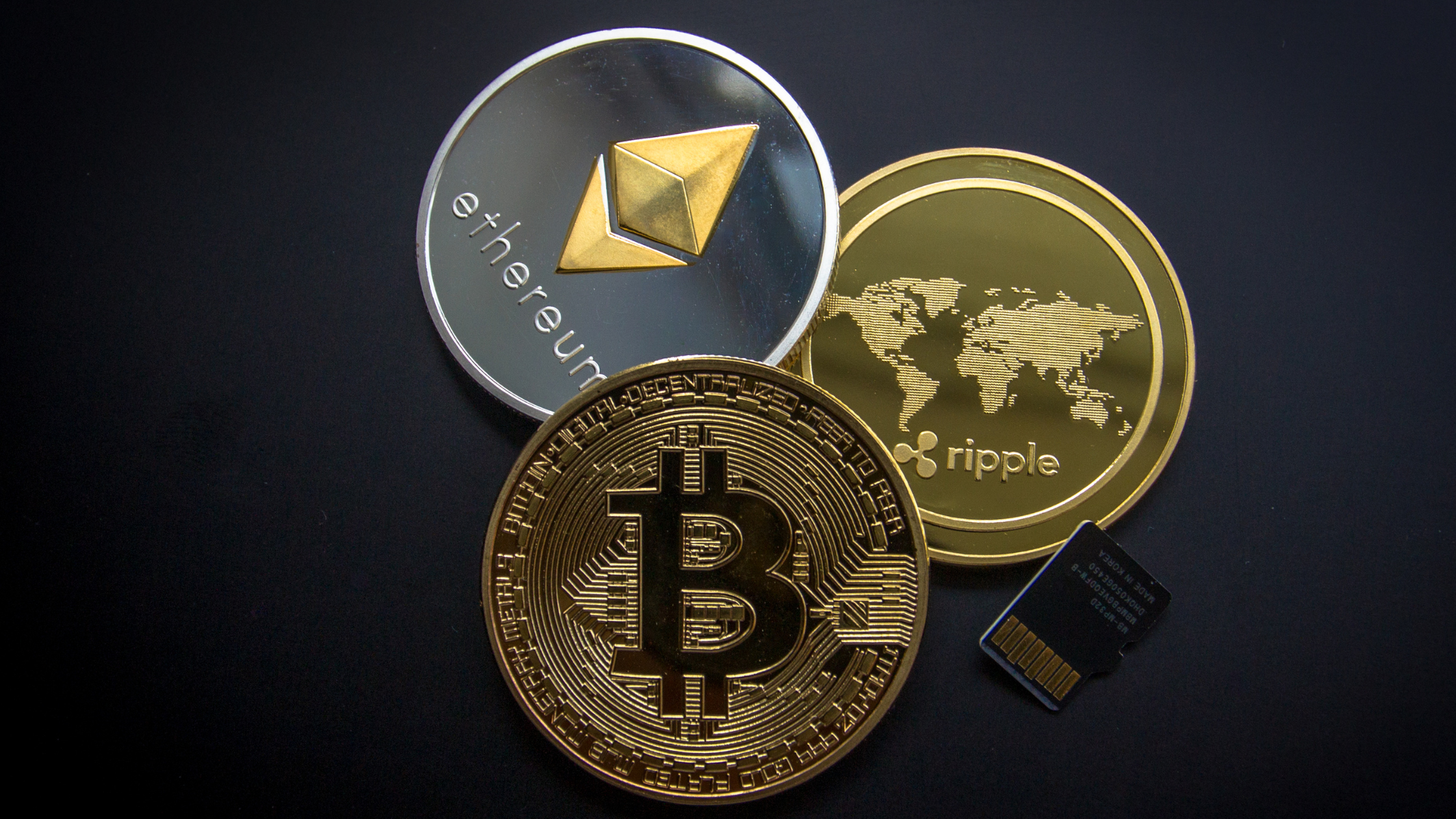How Blockchain is Reshaping Government Services in India
(By Charioteer Blockchain & AI Solutions – The Best Blockchain Academy in Delhi)
In the last few years, India’s digital transformation has gone beyond private businesses — it’s now rewriting how the government delivers public services. One of the biggest game changers in this space is Blockchain technology. Once seen as a foundation for cryptocurrencies, blockchain today is proving to be a transparent, secure, and tamper-proof system that can transform governance from the ground up.
At Charioteer Blockchain & AI Solutions, recognised as the Best Blockchain Academy in Delhi and among the Best Blockchain Academies in India, we have witnessed firsthand how this revolutionary technology is being adopted across sectors to make government systems more efficient, transparent, and citizen-centric.
1. A Transparent Way to Build Trust
Government systems have always struggled with data manipulation, corruption, and lack of transparency. Blockchain changes that. Since every transaction recorded on a blockchain is immutable (cannot be changed or deleted), it ensures complete accountability.
For example, land records, public contracts, or welfare distribution ledgers — once stored on blockchain — become transparent and traceable. This minimizes fraud and builds trust between citizens and the state.
2. Transforming the Registration of Land and Property
One of the oldest governance problems in India is land ownership disputes. Conventional record systems are vulnerable to manipulation and poor administration. Pilot projects to store land records on blockchain have already begun in states like Maharashtra, Andhra Pradesh, and Telangana.
This means no more fake ownership claims or lost records — a digitally verifiable proof of ownership can be accessed anytime. It’s a massive step toward clean governance and efficient public administration.
3. Securing Digital Identity and e-Governance
The Aadhaar system transformed how citizens interact with the government, but with blockchain, the next step is self-sovereign identity — where citizens own and control their digital credentials.
Blockchain-based digital identity systems ensure that your personal data is not stored in a single centralized server, reducing the risk of hacks and misuse. It strengthen platforms like DigiLocker, eKYC, and eHealth records for all government services.
4. Simplifying Welfare and Public Distribution Programs
Leakage and unequal resource distribution have long been major problems in India's welfare programs. Every transfer and transaction, from the national government to the ultimate recipient, can be tracked, recorded, and validated in real time with blockchain technology. By eliminating middlemen and lowering the likelihood of corruption, this degree of transparency guarantees that financial aid, rations, and subsidies reach the people who actually need them.
Consider a Public Distribution System (PDS) powered by blockchain, in which each liter of kerosene or grain of rice can be tracked, guaranteeing complete accountability and zero corruption. That is not a pipe dream; rather, it is a possibility being investigated nationwide through a number of pilot projects.
5. Transforming Healthcare and Education Systems
In healthcare, blockchain can securely store patient records, making them accessible to authorized hospitals and doctors while maintaining privacy.
In education, blockchain can verify certificates and degrees instantly, eliminating fake qualifications — a major issue in recruitment and admissions.
Government agencies and universities can issue blockchain-based credentials, which can be verified anywhere without third-party intermediaries.
6. Strengthening Financial and Tax Systems
Government departments handling taxation, audit, or procurement can greatly benefit from blockchain’s traceable ledger system. Every transaction can be monitored in real time, preventing fraud and ensuring faster audits.
The integration of blockchain into financial systems can also simplify cross-border transactions and improve efficiency in government-to-business (G2B) and government-to-citizen (G2C) services.
7. The Road Ahead — A Blockchain-Powered Nation
The Ministry of Electronics and Information Technology (MeitY) has outlined the National Strategy on Blockchain to build a unified digital framework for blockchain-based applications across various government departments. Through initiatives such as Digital India, IndiaStack, and the Blockchain-enabled National Academic Depository, the government is steadily shaping a secure, transparent, and trust-based digital ecosystem for the nation’s future.
But to make this transformation successful, India needs skilled blockchain professionals who can design, build, and manage these systems.
Empowering the Future with Charioteer Blockchain & AI Solutions
As the Best Blockchain Academy in Delhi and one of the Best Blockchain Academies in India, Charioteer Blockchain & AI Solutions is committed to training the next generation of blockchain experts.
We provide in-depth courses on Web3 Technologies, Blockchain Development, Smart Contracts, AI Integration, and Decentralized Applications (dApps) that are intended to give students real-world project experience and useful skills.
Our goal is to empower professionals, developers, and students to spearhead India's blockchain revolution by bridging the gap between technology and governance.
Conclusion
Despite the hype, blockchain is now the foundation of moral and efficient governance. In order to protect medical data, secure land titles, verify identities, and distribute public benefits fairly, India is progressively incorporating blockchain technology into its administrative framework. As this digital shift intensifies, those with a deep understanding of creating and implementing blockchain solutions will shape the next phase of India's technological development.
Join Charioteer Blockchain & AI Solutions now to realize your potential at Delhi's Best Blockchain Academy, which is reputable throughout India, if you want to be a part of that future.
FAQs
1. How is blockchain technology helping the Indian government improve public services?
Blockchain brings transparency, efficiency, and accountability to government systems. It helps in preventing data tampering, ensuring accurate record-keeping, and enabling faster, more reliable delivery of services such as land registration, welfare distribution, and digital identity verification.
2. Which government departments in India are using blockchain technology?
Several Indian states and departments are experimenting with blockchain. Examples include land record digitization in Telangana and Maharashtra, certificate verification through the National Academic Depository, and supply chain tracking for public distribution systems.
3. What are the main benefits of using blockchain in governance?
Key advantages include elimination of corruption, real-time data verification, reduced paperwork, and better inter-departmental coordination. It ensures that every transaction is traceable, tamper-proof, and transparent, which strengthens public trust in government systems.
4. How can I build a career in blockchain technology in India?
With the growing adoption of blockchain by both government and private sectors, there’s a rising demand for skilled professionals. You can start by learning from reputed institutions like Charioteer Blockchain & AI Solutions, known as the Best Blockchain Academy in Delhi and among the Best Blockchain Academies in India, offering hands-on training in blockchain development and smart contracts.
5. Why choose Charioteer Blockchain & AI Solutions for blockchain training?
Charioteer Blockchain & AI Solutions stands out as the Best Blockchain Academy in Delhi for its industry-aligned curriculum, real-world projects, expert mentors, and career-focused guidance. The academy is dedicated to helping learners master blockchain and AI technologies to build impactful careers in India’s fast-evolving digital ecosystem

